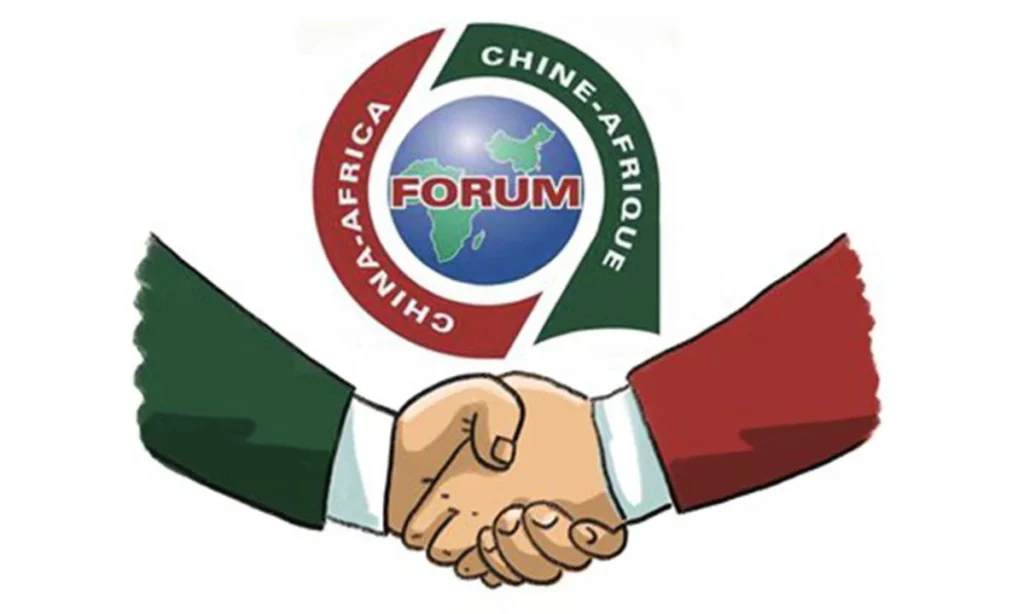FOCAC 2025 Ministerial Meeting to Strengthen China-Africa Partnership
The upcoming Ministerial Meeting of Coordinators on the Implementation of the Follow-up Actions of the Forum on China-Africa Cooperation (FOCAC) is set to take place in Changsha, Hunan Province, from June 10 to 12, 2025.
Announced by Chinese Foreign Ministry spokesperson Lin Jian, the meeting will see the participation of Foreign Minister Wang Yi, a member of the Political Bureau of the Communist Party of China Central Committee, alongside representatives from all 54 African member states of FOCAC.
The FOCAC Ministerial Meeting aims to review and advance the outcomes of previous summits, focusing on deepening economic, political, and cultural ties between China and African nations.
Since its inception in 2000, FOCAC has been a cornerstone of China’s engagement with Africa, serving as the primary multilateral coordination mechanism between the two regions.
The 2025 meeting is particularly significant as it aligns with China’s Belt and Road Initiative, a global infrastructure and trade strategy that has increasingly integrated African nations since 2018.
What’s the Agenda?
China’s role as Africa’s largest bilateral trading partner will be a key focus, with bilateral trade reaching a record $282.1 billion in 2023, according to China’s Ministry of Commerce.
However, the trade imbalance remains a concern, with African imports to China dropping by 6.7% to $109 billion in 2023, while Chinese exports to Africa surged to $173 billion. This has widened Africa’s trade deficit with China to $64 billion, prompting discussions on how to create more balanced economic partnerships.
Foreign Minister Wang Yi is expected to address these challenges, emphasizing “win-win cooperation” and sustainable development. The meeting will likely cover key areas such as trade and investment promotion, infrastructure development, and financing cooperation, building on commitments made in previous FOCAC summits.
For instance, the 2003 FOCAC plan introduced zero-tariff treatment for certain African goods, a policy that has since expanded market access for least developed countries (LDCs) in Africa.
However, the growing debt burden of African nations to China remains a contentious issue. As of 2024, over 20% of Africa’s external debt—estimated at $150 billion—is owed to China, with countries like Kenya ($9.8 billion in debt) and Zambia (which defaulted on $6.6 billion in 2020) facing repayment challenges.
Critics argue that while China’s investments in infrastructure, such as Kenya’s Standard Gauge Railway (SGR), have spurred development, they often come with financial risks that could undermine long-term economic stability in the region.
The FOCAC 2025 meeting will also address cultural and political cooperation, continuing a trend of emphasizing people-to-people ties that began at the 2003 summit.
Amid global competition for influence in Africa, particularly from the United States and the European Union, China is keen to reinforce its position as a reliable partner.
The U.S., for instance, has responded with initiatives like the US-Kenya Free Trade Agreement signed in 2020, signaling a recalibration of its engagement with the continent.
As the FOCAC Ministerial Meeting approaches, all eyes will be on how China and African nations navigate these complex dynamics, balancing economic cooperation with sustainable development goals.
The outcomes of this meeting could set the tone for China-Africa relations in the coming years, with implications for regional stability and global trade


Pingback: Minister Lamola attends the FOCAC Ministerial Coordinator’s Meeting - Mapepeza News